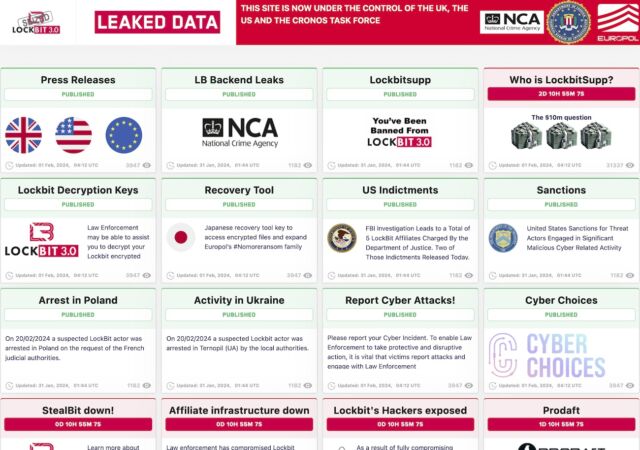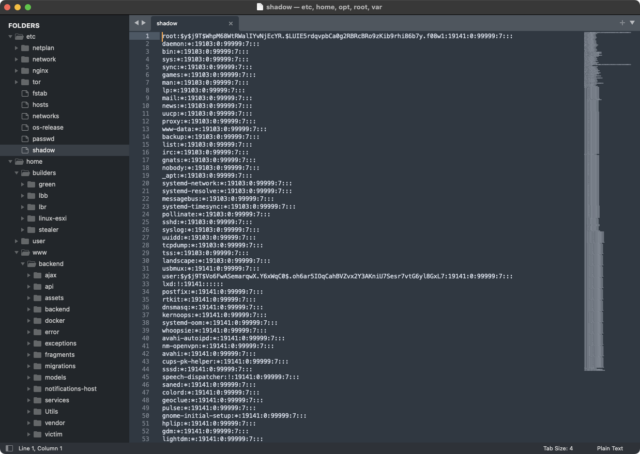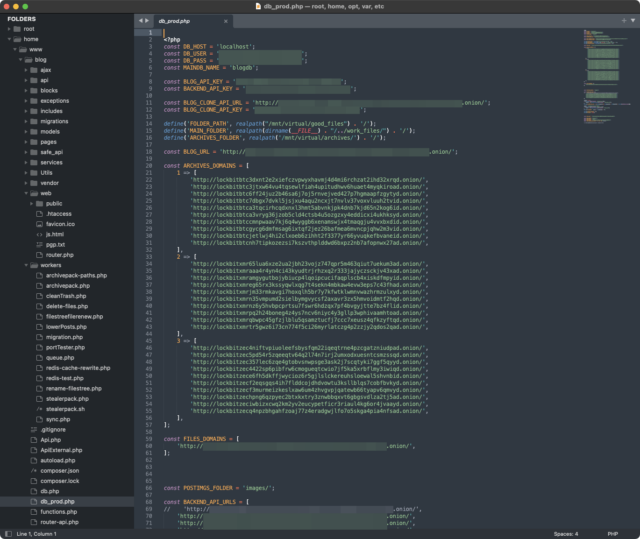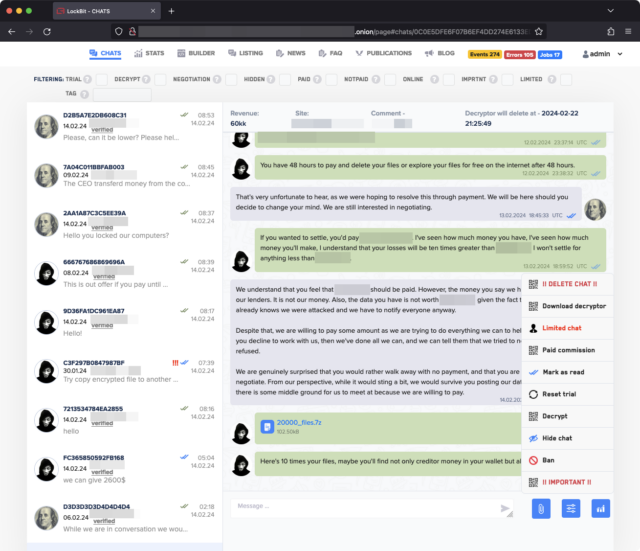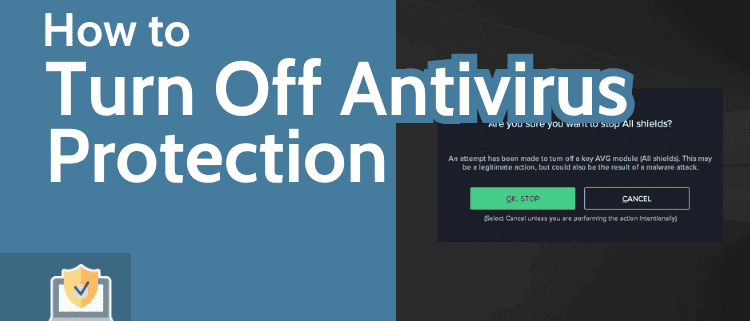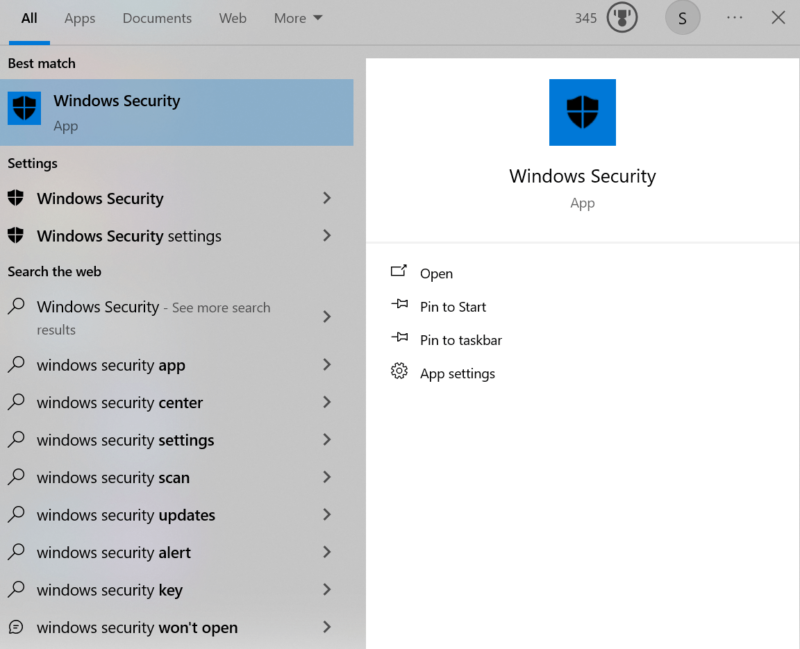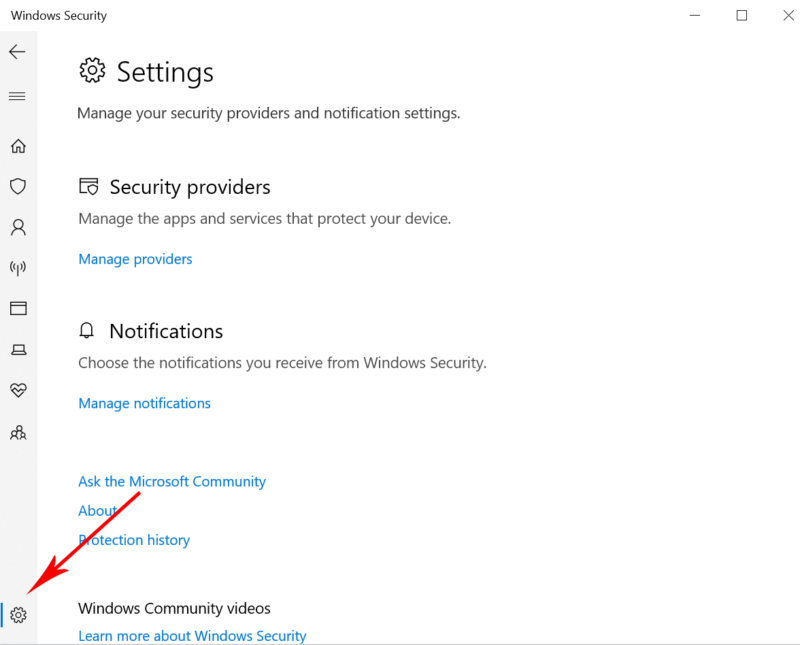Election campaigns in Kerala turn ugly: Cyber warfare, personal attacks and allegations galore – SPECIAL – GENERAL

THIRUVANANTHAPURAM: In the midst of the parliamentary election campaign in the state, which will last only a week, the competition has turned to personal attacks and cyber warfare against candidates, intensifying the already fierce atmosphere.
Former minister and LDF candidate from Vadakara, KK Shailaja, once again came forward yesterday demanding action as cyber attacks escalated. Shailaja alleged in a complaint to the Central Election Commission and the Chief Minister that there is an organized attempt by a criminal gang in the UDF to personally smear her using morphed photos, with the alleged connivance of UDF candidate Shafi Parambil. PM State Secretary MV Govindan accused a section of the media of abetting this.
Meanwhile, Shafi Parambil approached the High Court seeking to halt the fake votes planned by the LDF in Vadakara. Alleging that most of the polling officers and policemen assigned to election duty are Left sympathizers, Shafi also blamed the Panoor bomb blast.
In a petition filed by sitting MP Adoor Prakash in the High Court, the demand is to remove about one and a half lakh double votes in the Attingal constituency. LDF candidate V Joy’s response is that he is being accused out of fear of failure.
BJP targets Tharoor
BJP is targeting Tharoor, citing Supreme Court lawyer Jai Anand’s revelation that Thiruvananthapuram sitting MP and Congress Working Committee member Shashi Tharoor behaved indecently with a woman in a Delhi hotel in October 2022. It was also alleged that media activist Karan Thapar tried to cover up the complaint. BJP IT cell chief Amit Malviya demanded answers from Tharoor and Thapar. Tharoor’s stance is that the allegation is timed before the election and if the woman has a complaint, she should come forward with proof.
CM responds to Modi
Prime Minister Narendra Modi, who has accused the Chief Minister and his daughter of corruption, has stated that the culprits will not be spared, which is being interpreted as an indication of internal drama ahead of the elections. Yesterday, the Chief Minister responded that there are clear records of the money transfer between the two companies and no…





